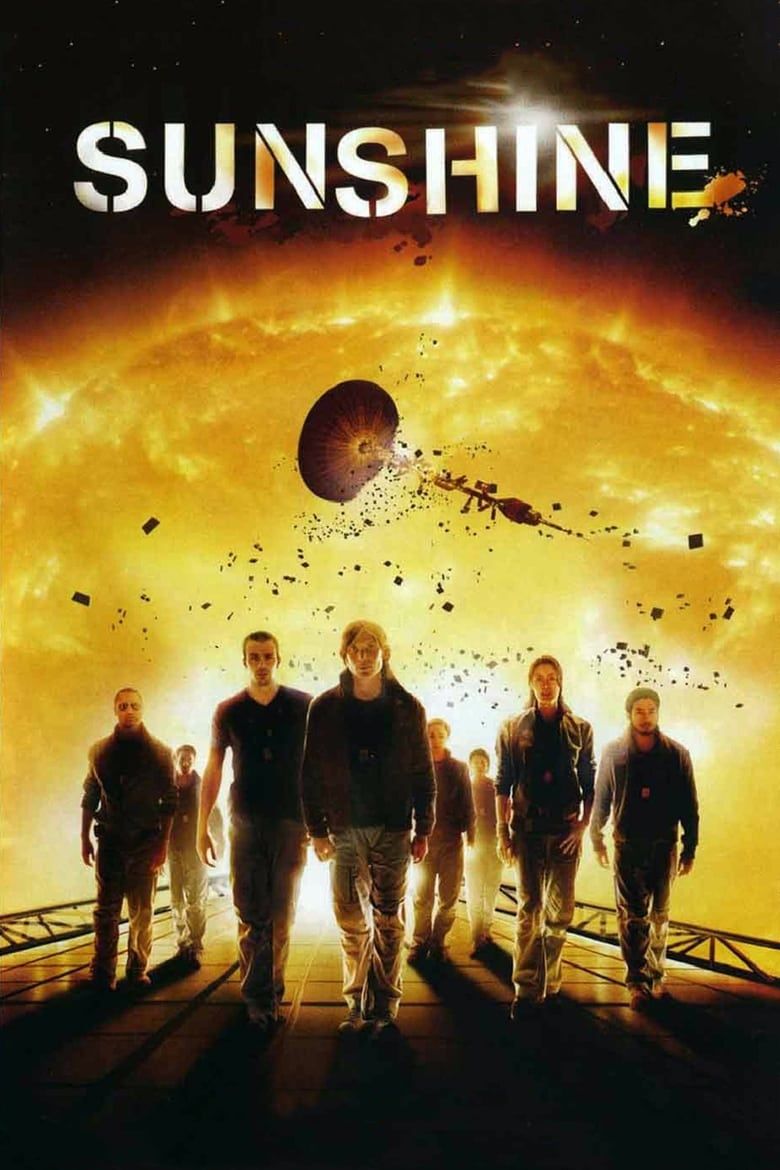If you were to describe the plot and key figures involved in Sunshine to anyone, more likely than not, they’d never heard of it, and they would begrudge themselves for not being aware of the film. In 2007, a watershed year for cinema, Danny Boyle directed a moody sci-fi drama with groundbreaking special effects between 28 Days Later and Slumdog Millionaire. It has a cast that features Cillian Murphy, Michelle Yeoh, Hiroyuki Sanada, and Chris Evans—two future Oscar winners, a future Emmy winner, and global icon, and Captain America.
Like many films ahead of their time, it bombed at the box office, erroneously released in the heart of the summer. Yet, due to a poor home video release and a nonexistent presence on streaming, the film is still awaiting launch into the cult classic realm. With everyone anticipating Boyle’s return to directing with 28 Years Later, it’s time we give Sunshine its love, because we failed it when it was released.
‘Sunshine’ Combines Classic Sci-Fi With a Moody Drama
While Boyle would strike gold commercially and critically with Slumdog Millionaire just a year later, Sunshine evaporated in the ether upon its woefully scheduled release in July 2007, going up against giant franchise blockbusters like Harry Potter and the Order of the Phoenix and Transformers. This was a stacked summer for tentpole events, but Sunshine, a somber psychological drama about a team of astronauts being sent to space to reignite the dying Sun with a bomb, had no business being in theaters during the summer. Do a quick Google search, and you’ll find that Sunshine‘s Blu-ray release was cursed with a bug on most discs that caused an error where the commentary track plays without selecting it. On top of it never appearing on any of the 10 streaming services you’re subscribed to, Sunshine could never find a proper legacy at home.
People who finally get around to watching the film are always taken aback by its stellar control of mood and space imagery. Evoking the morose existentialism and philosophical reckoning of 2001: A Space Odyssey and Solaris, the film is much more cerebral than its poster indicates. Centering around a fatal mission where a decrepit ship flies into the sun to restore humanity to Earth, an all-encompassing sense of doom towers over the story. The grungy design and atmosphere of the ship are undoubtedly indebted to Alien, as well as its slasher horror element of having crew members methodically killed off.
In an age where most $200 million blockbusters have increasingly cheapened their special effects, Sunshine, a mid-budget production, features immersive and eye-popping visuals that transport you into space. Staring at the core of the sun never looked so mesmerizing and horrifying, and viewers today will be reminded of similar imagery of Cillian Murphy gazing at the inferno of the Trinity Test in Oppenheimer. The visual effects, which carry a practical, tactile weight to them, never add a glossy sheen to the film, but rather, remind the claustrophobic and simmering characters of the endless possibilities of outer space that is out of their control.
Danny Boyle Was Ahead of His Time Directing ‘Sunshine’
Along with its impressive ensemble cast that also includes Rose Byrne, Cliff Curtis, Benedict Wong, and Mark Strong, Sunshine was written by frequent Boyle collaborator and future acclaimed filmmaker Alex Garland. The film’s themes of mortality in the face of an apocalypse and humanity’s troubled relationship with uncontrollable technology paved the way for Garland’s own films such as Ex Machina and Civil War. Regarded as one of the signature directors of his generation, Danny Boyle excelled at using no-frills genre movies like Shallow Grave and 28 Days Later and stripped-down narratives like 127 Hours and Steve Jobs to aim for something unsettling and profound about the human condition. Sunshine never runs away from its genre roots, allowing it to blossom as a nuanced commentary on life and death.
However, the film’s commitment to its genre tendencies alienated many critics, as Sunshine‘s notorious third act, which devolves into a harrowing slasher-thriller akin to Alien, is synonymous with nearly-great movies that failed to stick the landing. It’s certainly a stark tonal shift, but not the unwarranted betrayal of its muted vibes from the first half that caused the few people who actually saw the movie in 2007 to sour on it. This is a hotly contested debate among a niche audience, but it deserves a broader stage.
Cillian Murphy and Michelle Yeoh’s respective Oscars not only honored remarkable performances, but they finally recognized two actors who provided exceptional work for decades, and their performances in Sunshine distilled their unique onscreen energy. Additionally, Chris Evan’s revelatory performance should serve as a wake-up call for the actor to start using his cachet and seek out interesting material. Due to its cast of soon-to-be contemporary cinematic icons, poor box office returns, and a story of various interpretations, Sunshine is begging for cult reappraisal.

